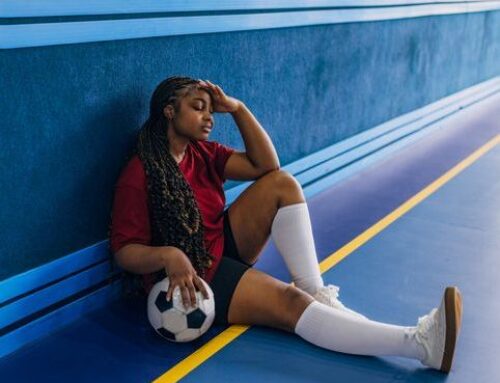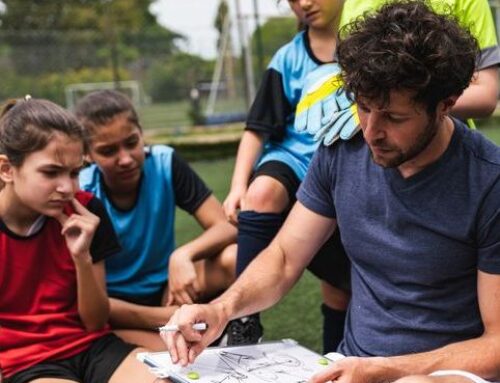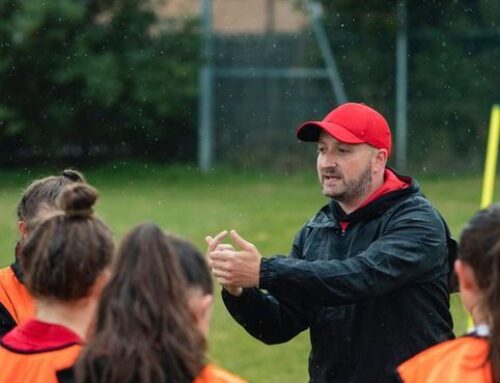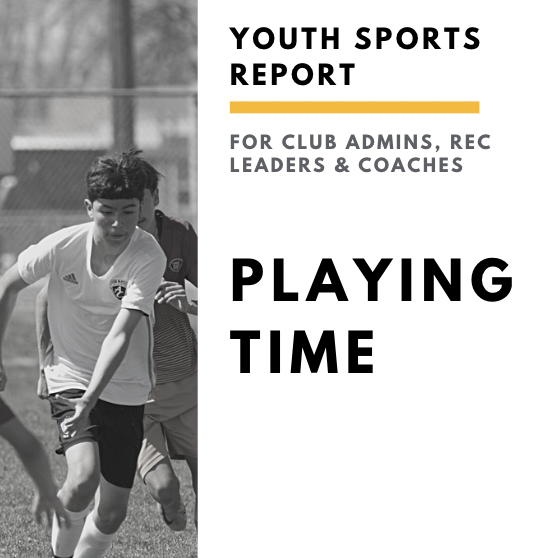Get our exclusive report. Download the iSport360 Club Switching Report Here – For Club Admins, Rec Leaders and Coaches.
Sports Drinks vs. Water – What’s Best For Teen Athletes?
Sports drinks or water, what is the best for teen athletes? During exercise, your body loses water and minerals, called electrolytes. The body loses this through sweat. If you sweat too much, without drinking to replace the water lost, you will become dehydrated. You should aim to drink at least 6-8 glasses of water a day, and drink more often when exercising [1].
Dehydration
Dehydration can cause a number of effects on our body and athletic performance [2, 3, 4]:
- Headaches
- Tiredness
- Dizziness
- Dry mouth, lips and eyes
- Increases how hard you think the exercise is
- Decreased amount of sweat – makes it harder to cool yourself down
- Becoming tired more quickly
- Can lead to heat illness which can cause cramps, exhaustion and heat stroke
Sports Drinks
There have been many sports drinks created that are aimed at athletes. They contain water, for hydration, as well as sugar, to provide energy for your muscles. They also contain electrolytes. So you can replace the electrolytes that your body loses when you sweat. These ingredients are combined at specific levels to help provide the body with exactly what it needs [5]. There are 3 types of sports drinks, based on their levels of each ingredient:
- Isotonic – contains similar levels of salt and sugar as in the blood (e.g., Powerade, Gatorade and Lucozade Sport)
- Hypertonic – contains higher levels of salt and sugar than in the blood (e.g., Lucozade Energy, Pepsi and orange juice)
- Hypotonic – contains lower levels of salt and sugar than in the blood (e.g., Powerade Zero, milk and unsweetened tea)
Isotonic and hypertonic drinks are used to provide the body with sugar. Isotonic drinks are most effective when used in short, high intensity workouts, whereas hypertonic drinks are used in longer training sessions and as a recovery drink. Hypotonic drinks are used for quick rehydration, with less of a focus on providing energy through sugar. They should be used for shorter workouts, hydration before a workout or any time you need to drink to rehydrate in a short period of time [6, 7].
What’s Best?
Both water and sports drinks have been found to be equally good at hydrating our bodies [8]. Sports drinks may be a better choice for a training session. They provide us with extra energy to keep on going and electrolytes to replace the ones that we lose through sweat.
There are also other options, such as orange juice and milk. They have been found to be even better at hydrating us. These are good options to incorporate into your daily fluid intake to make sure that you are meeting your daily requirements [8].
DIY Sports Drinks
Sports drinks can be expensive. But you can make your own at home using just fruit squash, water and salt.
To make a hypotonic sports drink, combine:
- 100 ml fruit squash
- 900 ml water
- Pinch of salt
To make an isotonic sports drink, combine:
- 200 ml fruit squash
- 800 ml water
- Pinch of salt
References
[1] https://www.nhs.uk/live-well/eat-well/water-drinks-nutrition/ [2] https://www.nhs.uk/conditions/dehydration/ [3] https://www.sportsdietitians.com.au/wp-content/uploads/2015/04/Fluids-in-sport.pdf [4] NOAKES, T. D. (2007). Does dehydration impair exercise performance?. Medicine and science in sports and exercise, 39(8), 1209-1217. Accessed at: https://www.researchgate.net/publication/6078653_Does_Dehydration_Impair_Exercise_Performance [5] Maughan, R. J., & Murray, R. (Eds.). (2000). Sports drinks: basic science and practical aspects. CRC Press. [6] https://www.diabetes.co.uk/sports-drinks.html [7] https://veloforte.com/blogs/fuel-better/difference-between-hypotonic-isotonic-and-hypertonic-sports-drinks [8] Maughan, R. J., Watson, P., Cordery, P. A., Walsh, N. P., Oliver, S. J., Dolci, A., … & Galloway, S. D. (2016). A randomized trial to assess the potential of different beverages to affect hydration status: development of a beverage hydration index. The American journal of clinical nutrition, 103(3), 717-723.Emmy Campbell
YSN Lead Nutritionist. Emmy holds a BSc. in Human Nutrition, MSc. in Sports Nutrition and is a Registered Associate Nutritionist (ANutr). Emmy is also on the Association for Nutrition (AfN) and The Sport and Exercise Nutrition Register (SENr).
And for more information on iSport360, click here.
Learn more or request a demo of our youth sports software that is helping teams improve communication, organization and player development.
October 25, 2021





